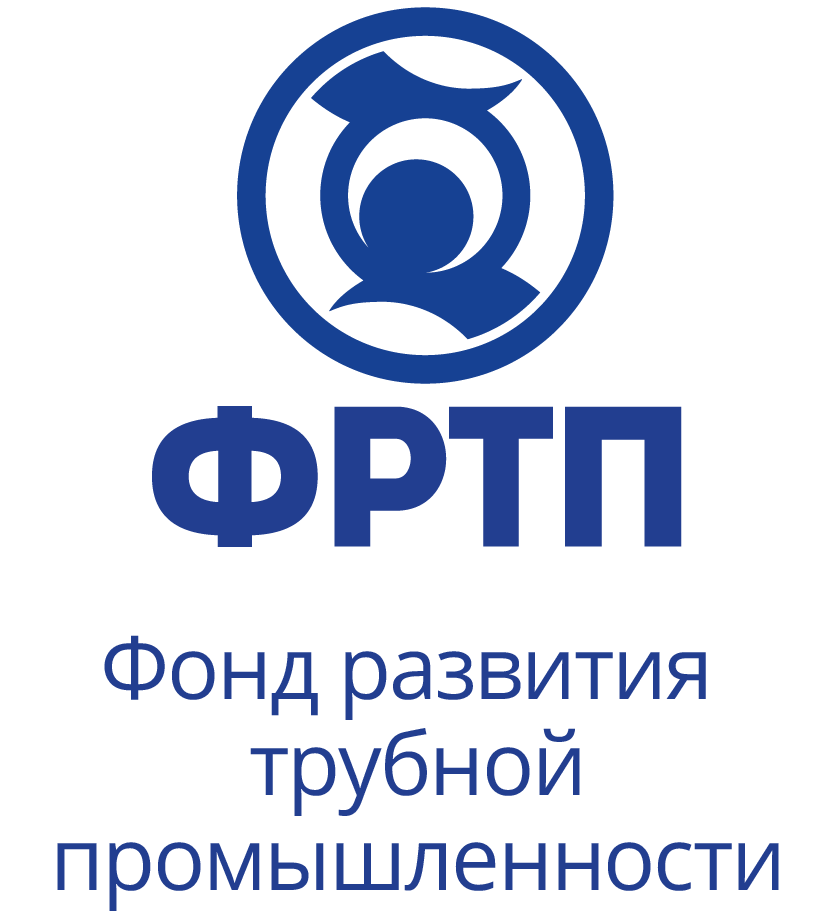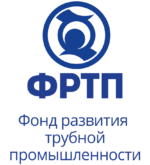- 11.09.2014
- Категория: Новости
President Vladimir Putin on Monday oversaw the start of construction on a giant pipeline that is due to ship $400 billion worth of Russian gas to China in the three decades after flows begin in 2019.
The 4,000 km (2,500 mile) "Power of Siberia" pipeline, being built by state-controlled Gazprom, forms a key part of the Kremlin's energy strategy, symbolising Russia's attempts to wean itself off dependence on European markets that account for most of its exports.
"Just now, we along with our Chinese friends are starting the biggest construction project in the world," Putin told a Chinese delegation, headed by Vice Premier Zhang Gaoli, and a group of Gazprom workers in Russia's far east.
He said the first gas pipeline between Russia and China: "Will not only allow us to export gas, but to develop gas infrastructure in our country, to speed up (economic) development, not only in this region, but in the whole country."
Putin also told Zhang that he welcomed the idea of Chinese investors joining the Vankor oil project in east Siberia, owned by Russia's Rosneft
Flows through the "Power of Siberia" will start at 5 billion cubic metres (bcm) of gas in 2019, ramping up to 38 bcm under a deal signed by the two countries in May.
The long-awaited deal with China National Petroleum Corp (CNPC) was a diplomatic coup for the Kremlin after a decade of difficult negotiations, and a symbol of its efforts to strengthen economic ties with Asia as Russia's economy faces the effects of Western sanctions over the crisis in Ukraine.
Gazprom chief Alexei Miller told Putin and Zhang that a further contract on shipment of gas via a second, more westerly route, could be signed in November: "If we work closely with CNPC." He did not give details, however.
On Putin's command "Begin!" two workers lowered their protective visors and welded the first segment of the black pipeline with flaring blowtorches. The Kremlin leader then signed his name on it.
Link: http://www.reuters.com/article/2014/09/01/russia-gazprom-china-idUSL5N0R226V20140901

